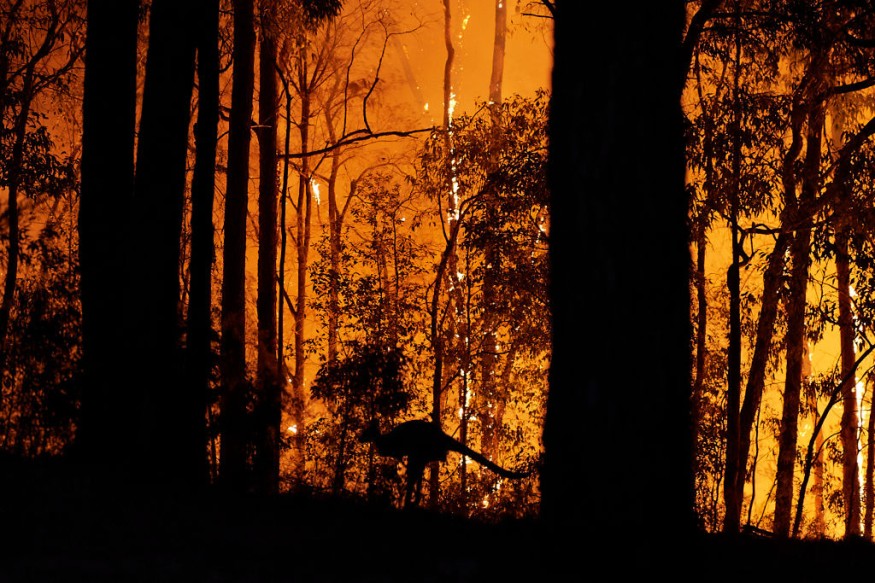The latest reports said that the population of Purple-Crowned Fairy-Wrens is under threat due to wildfires, affecting their habitats and breeding success.
Researchers have been investigating the impact of wildfires on riparian zones and the Purple-Crowned Fairy-Wrens in Northern Australia.
Extreme heat and wildfires can harm their population. The researchers looked into how low-intensity and high-intensity fires can affect their habitat.
Purple-Crowned Fairy-Wrens at risk due to wildfires

In Northern Australia, experts were concerned about the wildfire risk impact on the Purple-Crowned Fairy-Wrens population.
According to the report published in The Conversation and Phys.org, the research explained that drought conditions and fire would harm the populations of the said birds.
The Australia Wildlife Conservation said that the population of Purple-Crowned Fairy-Wrens (Malurus coratus) in the Western subspecies is considered endangered due to fires.
In the Western subspecies, the report noted that it has about 5,000 to 9,800 western subspecies.
Purple-Crowned Fairy-Wrens live and thrive in riparian zones in tropical savannas. Destructive fires and dry seasons can burn the said areas.
The study in the Journal of Applied Ecology showed that birds in riparian areas are sensitive to fires, even at low-intensity levels. The protection of the bird is essential because they serve as bioindicators in ecosystems.
Furthermore, the researchers highlighted the importance of conservation and fire management in riparian zones, calling for urgent protection of their habitats.
Based on the Conversation report, low-intensity fire could affect 80% of the breeding success of the Purple-Crowned Fairy-Wrens, which could impact their population reproduction.
Birds in the burnt areas would die from fires. After the fire in riparian zones, about 30% would later die after eight months.
As climate change and rising temperatures continue, wildfires could likely emerge in a tropical savanna, affecting riparian areas and the endangered Purple-Crowned Fairy-Wrens.
Wildfires impact on wildlife in Greece
Recently, Nature World News (NWN) reported the impact of raging wildfires in Greece on wildlife and ecosystems.
About 50,000 hectares were burned in the wildfire in Greece, as firefighters fought against more than 660 fires in July, according to recent reports.
People were advised to bring and keep their animals or not leave them chained or trapped.
The era of global boiling
In The Washington Post and NWN, the United Nations Secretary-general António Guterres explained the impact of climate change on global temperatures.
The UN Secretary emphasized the scorching heat and rising ocean temperatures this year due to climate change. July marked one of the hottest months on record. Read here.
Due to climate change's effects, reducing greenhouse gas emissions is vital to mitigate rising temperatures. Dry conditions and extreme heat can help unleash wildfires in forests.
For more similar stories, don't forget to follow Nature World News.
© 2025 NatureWorldNews.com All rights reserved. Do not reproduce without permission.





